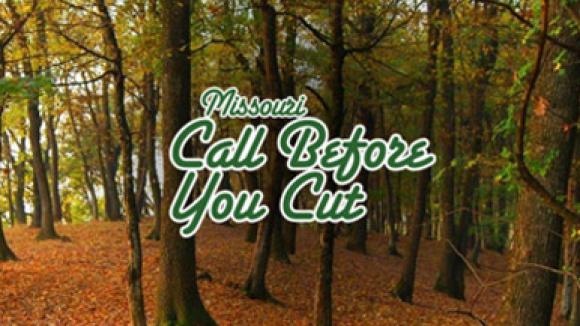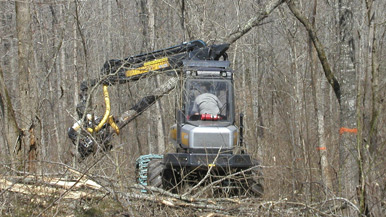 Your woods represent one of your most valuable resources. The decision to harvest, and how to do so, can either improve or set back the future value of your land, its potential for wildlife habitat, and as a source of enjoyment for you and your family.
Your woods represent one of your most valuable resources. The decision to harvest, and how to do so, can either improve or set back the future value of your land, its potential for wildlife habitat, and as a source of enjoyment for you and your family.
There are many reasons why you might choose to sell timber. Of course, many landowners sell timber for the purpose of generating income, but sometimes timber is harvested to salvage the value of trees that have been damaged by ice, wind, snowstorms, wildfires, insects and disease.
Whatever the reason for harvesting, a professional forester can help you plan a harvest that will suit your objectives and maximize your income.
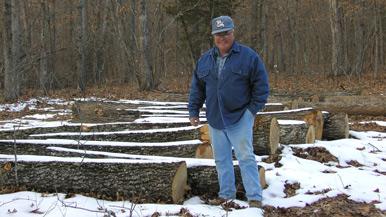
Selling Timber: What the Landowner Needs to Know
Many landowners receive only a fraction of their timber's true value because they do not know what they have or how to sell it. Selling timber can be a rewarding experience if you understand the steps involved. This guide will not make you an expert, but it will explain the basic steps involved in selling timber, so you can feel more comfortable during the process and better about the results of your sale.
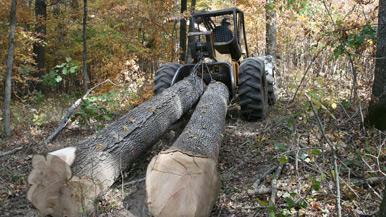
Basic Elements of a Timber Sale Contract
Too many Missouri landowners make the mistake of entering into an oral logging agreement on a handshake. Memory and recollection are not good tools for helping parties resolve conflicts. A timber sale contract ensures that both the seller and the buyer have a clear understanding of the terms of the logging project, including the timber harvesting practices being used. A reputable logger will understand the need for a contract.

Managing Your Timber Sale Tax
An important part of managing your timber is managing your timber sale tax. The question is not whether the sale of your standing timber is taxable, but rather will the Internal Revenue Service (IRS) view the sale as ordinary income, or will you be able to report the income as a long-term capital gain? There are several good reasons to make sure that the sale of your timber qualifies as a capital gain.
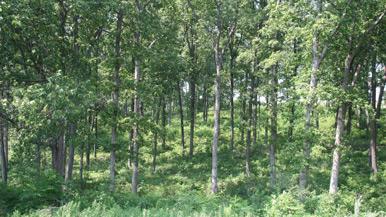
Determining Timber Cost Basis
As a forest landowner, you may someday contemplate the sale of your timber (Figure 1). The gain from the sale of the timber can represent either a capital gain or an ordinary income gain. In either case, you will be required to pay taxes on the gain. Gain is the operative word, implying that you may subtract something from the total amount you received. In fact, you may subtract the total amount you spent to acquire the asset. To minimize the amount of gain and thereby reduce your tax liability, you need to establish the cost basis in your capital assets such as timber.

